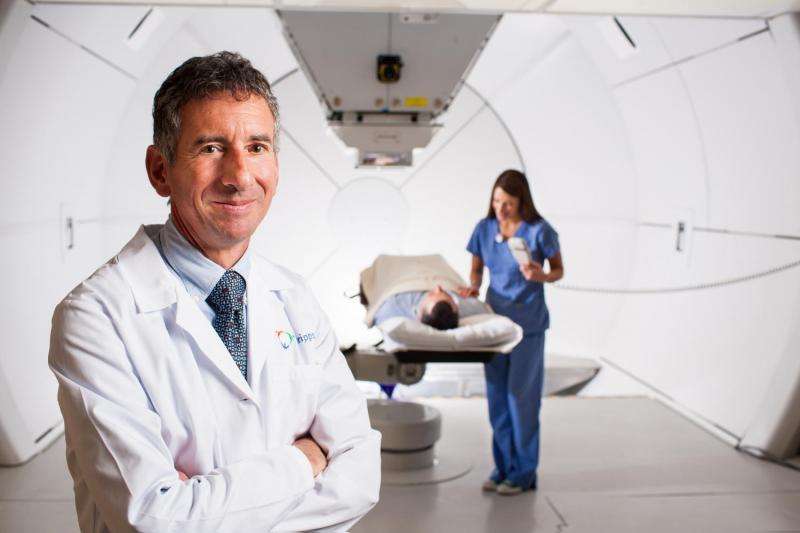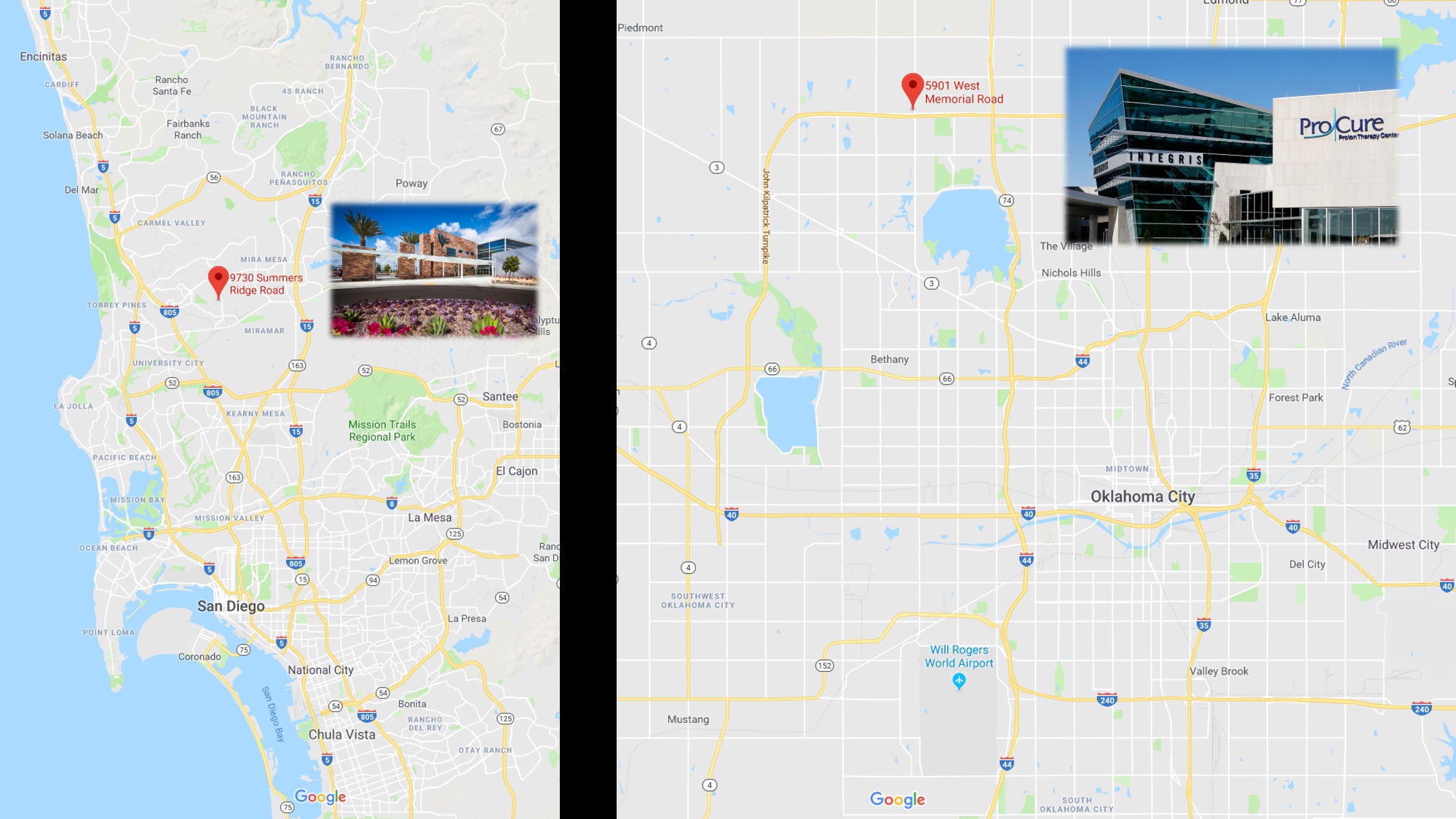

It also opens the door to treat larger and more irregularly shaped fields (up to 40 centimeters in length). The system also allows doctors to vary the radiation dose within the tumor target, which previously was not possible. The center's ProBeam pencil-beam technology, developed by Varian Medical Systems, enables doctors to be far more specific with where they deliver the radiation dose compared to earlier passive scatter technology. The center has also delivered a number of re-treatments in areas where patients had prior radiation (an application where protons are especially appealing, because less healthy tissue is exposed to radiation). But Scripps has branched out more quickly: Tumor sites treated since the center's opening include lung, brain, spinal column, base of skull, head and neck (e.g., oropharynx, salivary gland), central nervous systems, pancreas, rectum, esophagus, breast (male and female), testis, inter-abdominal lymphoid tissue, thymus gland, bone and others. A 20-year veteran of proton therapy, Rossi also noted that the new center is offering remarkably accurate radiation delivery and the ability to treat larger tumor fields than previously possible, while also providing greater efficiency with on-time patient treatments.Įarlier proton centers typically opened with a focus on treating relatively straightforward cases, such as prostate cancer, and then expanded over time. Rossi said physicians at the Scripps Proton Therapy Center have treated a breadth of tumor sites in the center's first 15 months that previous new proton centers have taken two years or more to accomplish.

Presentations and discussions at the conference focused on the latest technological advances and clinical applications in particle beam therapy for cancer patients.
)-01.jpg)
JThe nation's first and only proton therapy center to treat patients exclusively with pencil-beam scanning is reporting exceptional results in delivering cancer treatment since opening for patient care in 2014.Ĭarl Rossi, M.D., medical director of the Scripps Proton Therapy Center in San Diego, offered the assessment at the 54th annual Particle Therapy Co-Operative Group (PTCOG) conference, May 18-May 23 in San Diego.


 0 kommentar(er)
0 kommentar(er)
